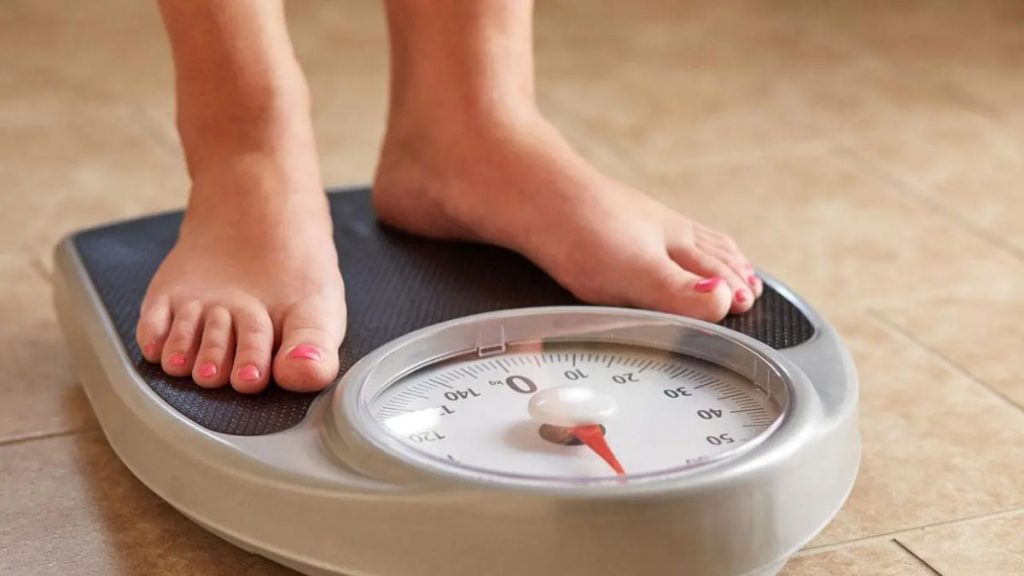
Skipping has long been hailed as an excellent full-body exercise. But what if this daily injection of kinetic movement abruptly ceases? We asked our expert, Dr Kapil Dave, Director of Sports at Sharda University – Noida, to demystify the physiological and psychological changes that take place when you abandon skipping for an entire month.
Table of Content:-
For the skipper who's taken up daily skipping, whether for cardiovascular fitness, weight control, or just enjoyment, a month's absence can set off a chain of alteration. Dr Dave points out that the extent of these alterations has much to do with the individual's general level of fitness, the intensity and the duration of their skipping regime, and the other habits in their lifestyle.
Improved Cardiovascular Fitness
One of the most evident effects will be a decline in cardiovascular fitness. "Regular skipping improves your heart and lung capacity, allowing more oxygen to be pumped to your muscles. Stopping this exercise for a month can cause a slow reduction in your VO2 max, so you get winded more quickly during other types of activity,” says Dr Dave. Not that you're going to be gasping for air climbing stairs, but the endurance you've acquired will probably decrease.

Also Read: Try These Expert-Approved DIY Beetroot Masks To Get Naturally Rosy Skin At Home!
Weight Management
Weight control may also be impacted. Skipping is an unexpectedly good energy expender. Based on intensity and duration, a day's skipping can make a considerable contribution towards a negative energy balance, helping weight loss or maintenance. "Without this consistent energy expenditure, people could end up in a state of caloric surplus if they don't change what they eat," warns Dr Dave. This may well result in weight gain over the month.
Boosts the Musculoskeletal System
Aside from the cardiovascular and metabolic impact, the musculoskeletal system will also change. Skipping utilises multiple muscle groups such as the calves, hamstrings, quadriceps, core, and even the shoulders and arms. The repeated jumping activity improves lower body strength and endurance. "A month without the stimulus can result in a slight loss of muscle tone and endurance in these areas," says Dr Dave. While you may not notice much muscle atrophy after only a month, the subtle responsiveness and firmness you've built may feel less intense.

Also Read: What Are Chocolate Cysts? How Amy Schumer Overcame Endometriosis and Achieved Pregnancy
Enhances Mental Health
Interestingly, the effect is not limited to the physical. Quite a few people enjoy skipping as a pick-me-up, releasing endorphins and decreasing stress. "The rhythmic quality of skipping can be very meditative for some. Losing this daily outlet for stress relief could potentially lead to increased feelings of tension or irritability in some individuals," Dr Dave suggests. The mental clarity and sense of accomplishment that comes with adhering to a daily routine may also be lost.
But there's a balanced view offered by Dr Dave, too. "A temporary stop in any exercise routine can occasionally be a good thing, allowing the body to recover and perhaps avoiding overtraining injuries." Dr Dave advises that people who have been skipping in a very intense manner for weeks may even feel a fresh lease of enthusiasm when they resume their regimen after a break.
Bottomline
So, what's the takeaway? Missing a day now and again is not likely to have much of an effect. But missing your daily skip every day for a month can cause a detectable dip in cardiovascular fitness, affect weight control, decrease muscle tone and endurance slightly, and even influence your mood. Although a brief break may have some advantages, Dr Dave points out that consistency is key to long-term health and fitness benefits. If you do take a month off, be sure to gradually ease back into your skipping routine to prevent injury and allow your body to readjust.
Also watch this video
How we keep this article up to date:
We work with experts and keep a close eye on the latest in health and wellness. Whenever there is a new research or helpful information, we update our articles with accurate and useful advice.
Current Version